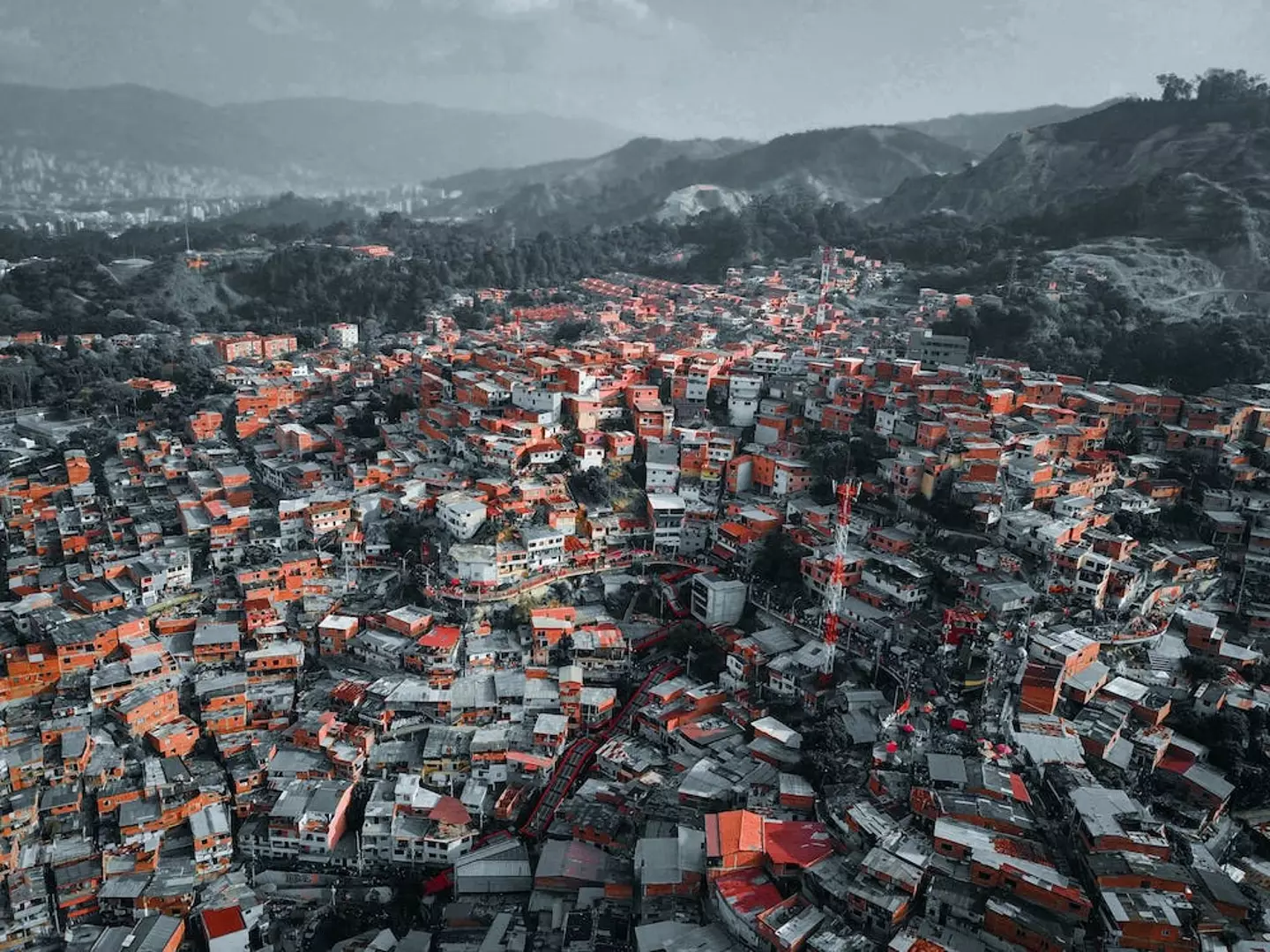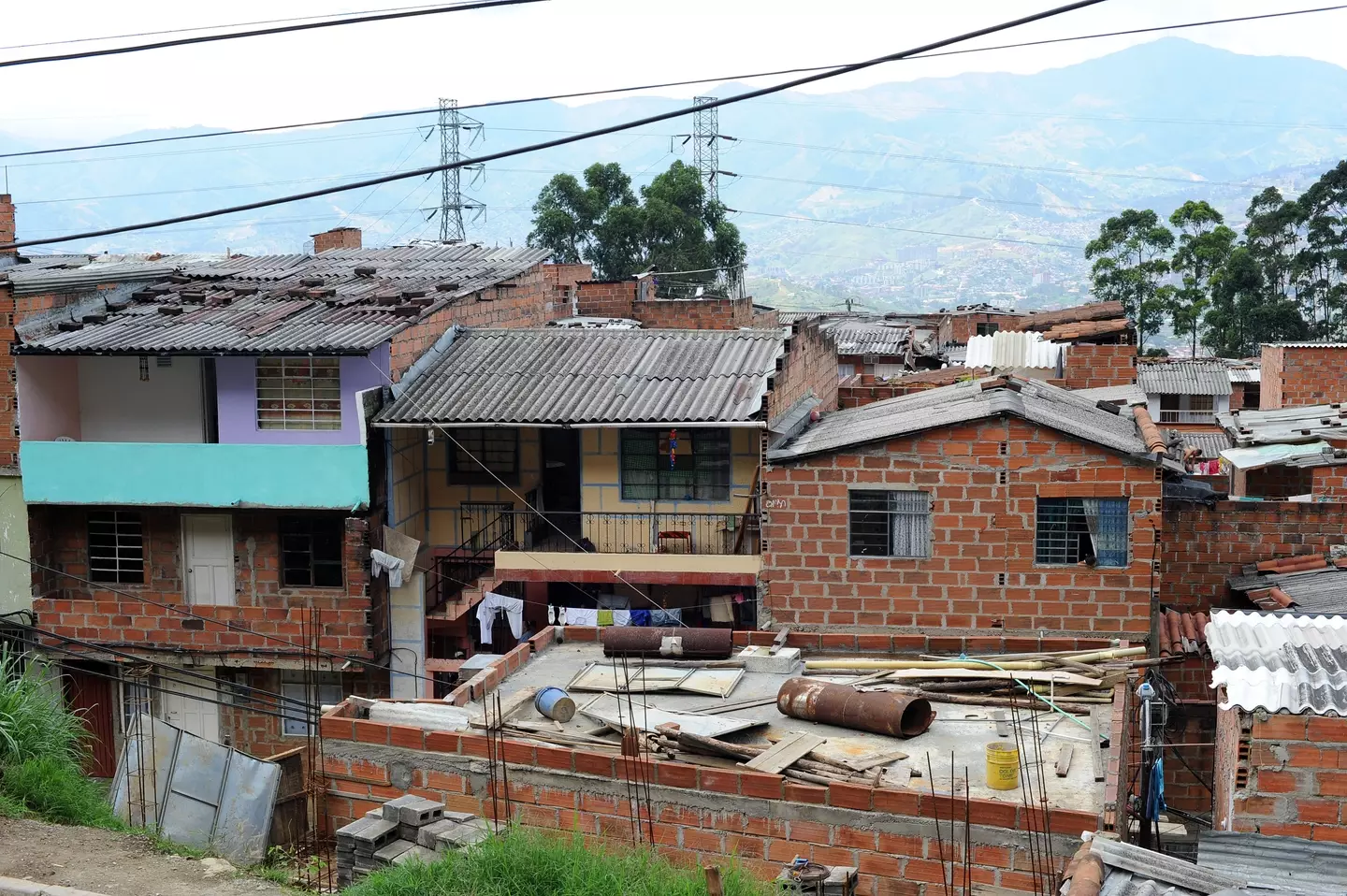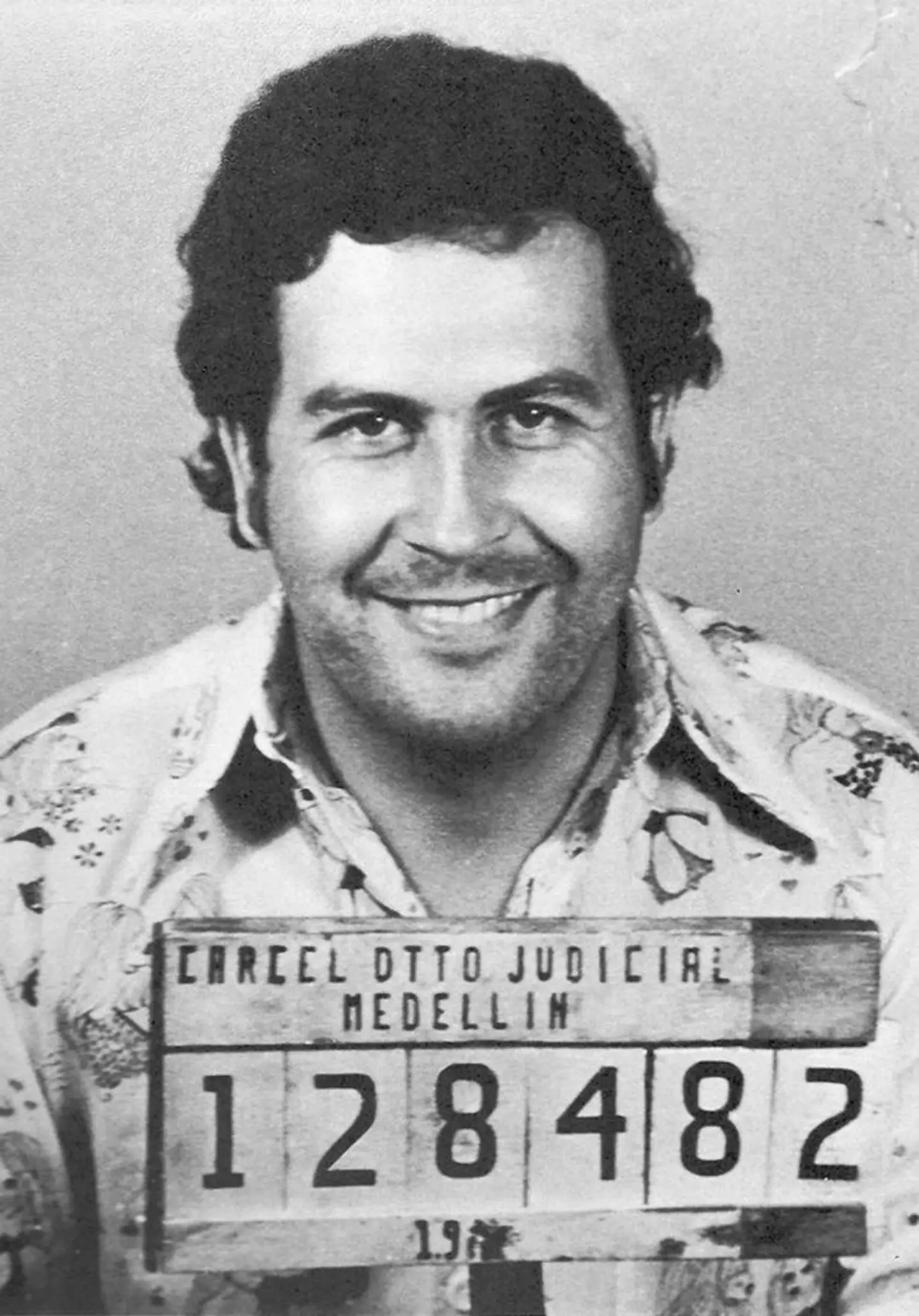
A Colombian city once known as one of the most violent places on Earth recently celebrated an unusual milestone after going seven days without a murder for the first time in its history.
Three decades ago, the bustling metropolis was the epicentre of the South-American drug trade, hosting a variety of assassinations, massacres and car bombs linked to the city’s eponymous cartel and its notorious boss, Pablo Escobar.
But following Escobar’s death in 1993, the city has slowly started to benefit from an economic turnaround, cashing in on its narco-heritage to draw record numbers of tourists from the US and abroad.

Advert
At one point in time the city of Medellin topped the global homicide list, recording up to 19 killings a day during Escobar’s heyday in 1991, but since his death the city has since seen a 97 percent reduction in murders as the area seeks to reinvent itself as a tourism hotspot.
Back in August, it celebrated a week without any murder.
The city’s remarkable turnaround is attributed in large part to an unofficial but mutually beneficial understanding between narco gangs, paramilitaries and the security services, who have a loose agreement to police their own territories for the good of the community.
"Peace is good for business," explained Medellin drug dealer 'Joaquin' (not his real name), who told AFP about the region’s current balance of power.

Joaquin is a ‘capo’- a lieutenant responsible for supervising drug trafficking in the streets of ‘Comuna 6’ , a poor neighbourhood perched on a mountain slope in northwest Medellin.
The dealer’s gang, which he declined to name, follows the rules imposed by an organised crime 'federation' known as the Oficina de Envigado or the Office of Envigado.
Joaquin claimed the Oficina and its member gangs acted 'in solidarity with the community,' which meant working outside of the community to enforce ‘parallel justice’ regarding matters the security services cannot officially get involved with.
"Escobar? He was much too violent. Too many deaths for nothing," Joaquin said.
"Everyone lives in peace on our territory," he added.

"We do not want to frighten the traders and the people.
“We need the population with us."
Although the drug trade is still very much alive and well in the city’s poorer neighbourhoods and districts, Medellin's dealers are able to operate in relative peace due to an understanding among rival gangs as well as with members of the security forces.
As long as they keep the streets peaceful, the gangs say police turn a blind eye to their lucrative illegal dealings, something Joaquin calls 'gangster peace'.
"In Medellin, security is measured in lives saved,” said Medellin’s Mayor Daniel Quintero as he welcomed the murder-free breakthrough made possible by the alliance.
The Colombian government is looking to make further inroads into legitimising the situation, with the country’s new leftist president Gustavo Petro vowing to bring 'total peace' to the conflict.
However, Joaquin believes that 'to think that everyone will give themselves up is a dream'.
"Never forget one thing: Medellin is and will always be the city of bandits."
If you have a story you want to tell, send it to UNILAD via [email protected]
Topics: Drugs
